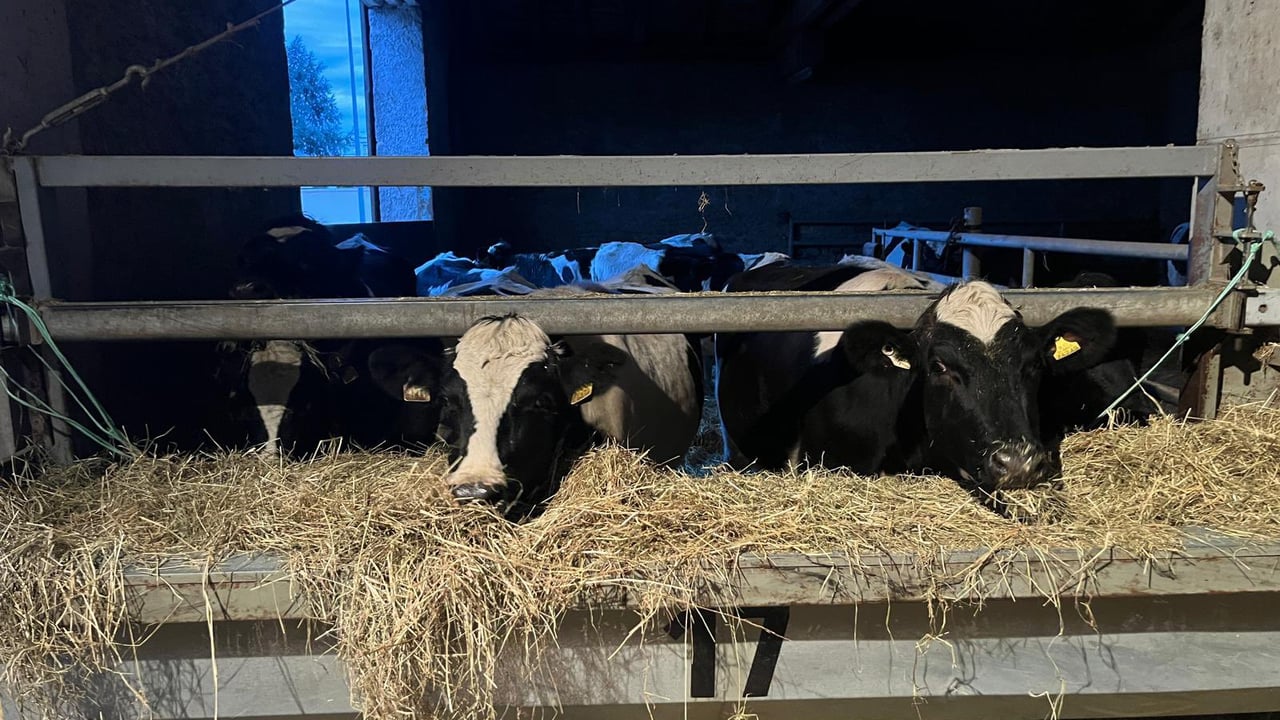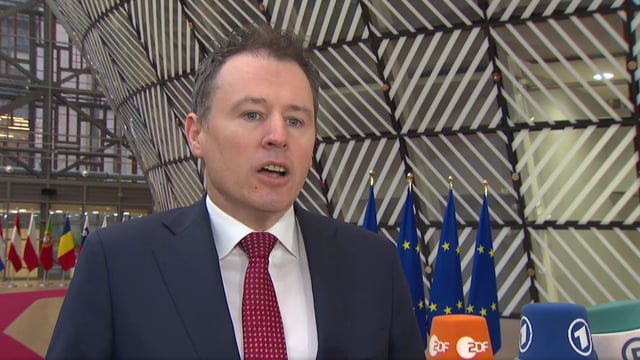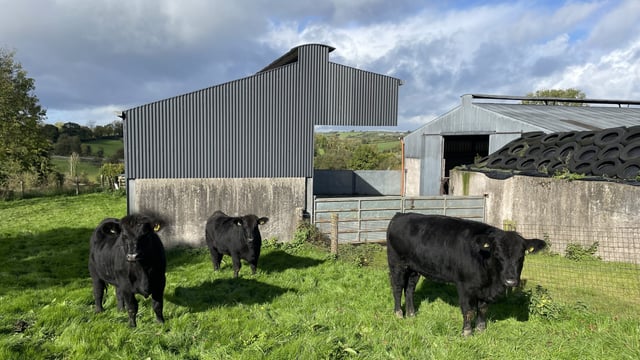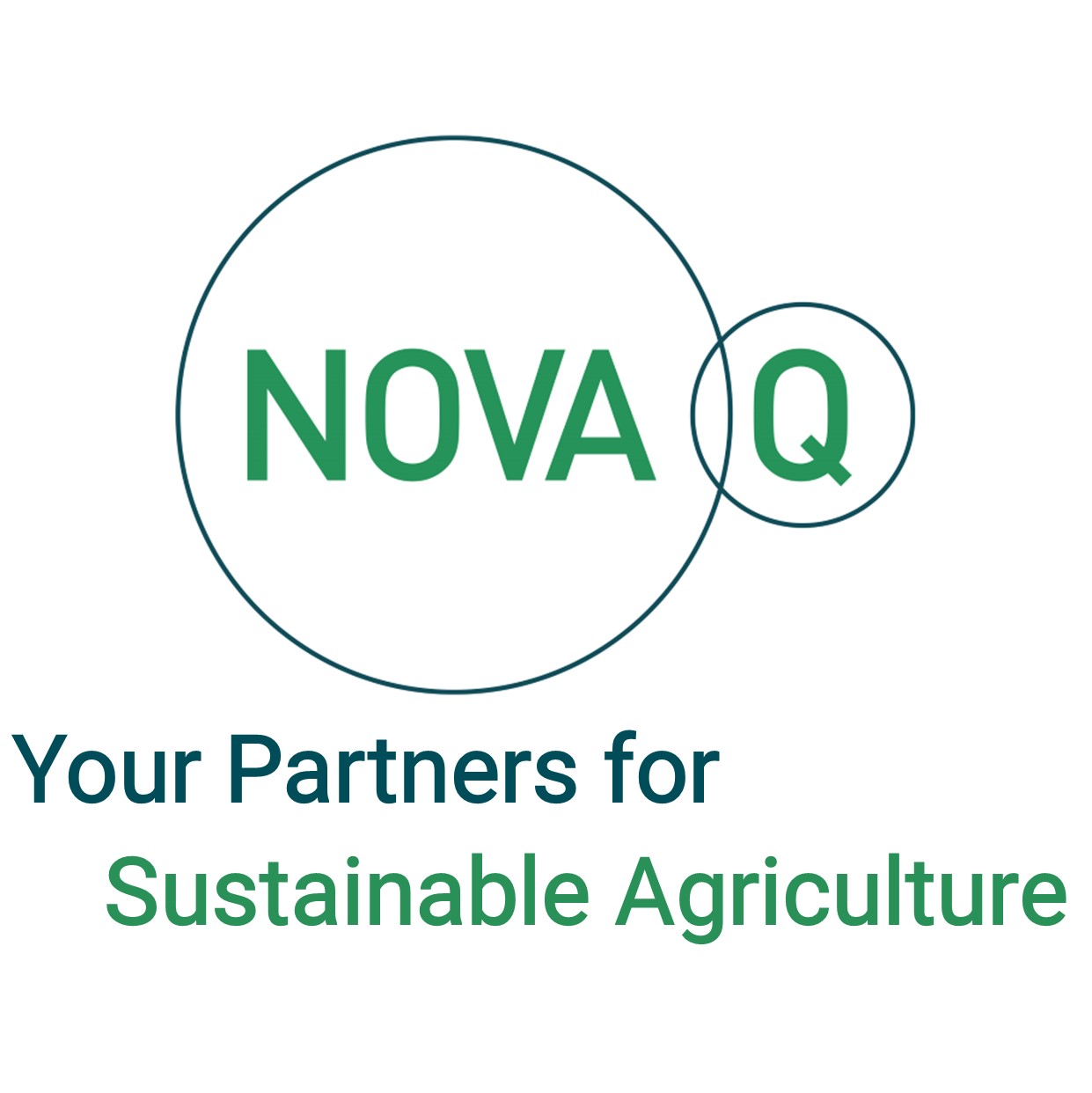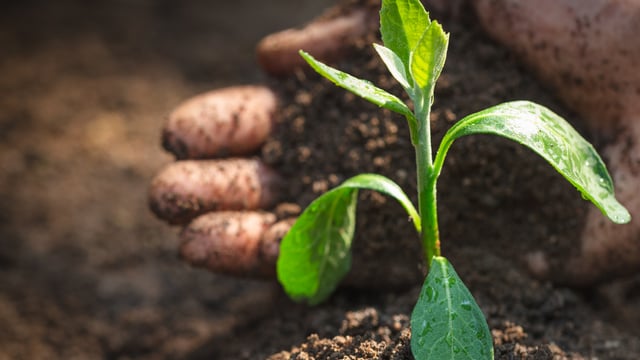Bóthar ships 30 in-calf heifers to Kosovo to assist family farms
Non-government organisation (NGO) and charity Bóthar has arranged for the shipment of 30 in-calf heifers to Kosovo with the aim of assisting family farms in the country.
The shipment was made on October 10, with the heifers going towards assisting families who currently rely on subsistence farming.
Kosovo is a country in south-eastern Europe of about 1.6 million people. However, a sizeable minority of countries in the world (including five member states of the EU) do not recognise it as an independent country.
It was previously a part of Serbia and is considered a developing country.
The shipment comes at a time when the trade of live animals from Ireland is under the spotlight. Bóthar said it was "dismayed" by the contents of an RTÉ Investigates report last week.
Bóthar interim CEO Ailish O'Reilly said: "With our most recent shipment we have undergone the most rigorous of inspections of livestock, the transport, and of the journey log planned.
The charity said that a high level of care is a "crucial aspect" of its work.
The donated animals came from families in various parts of Ireland, and the charity said that updates on the animals' progress is "readily available when requested".
The animals were shipped from Roscrea, Co. Tipperary, where animal passport checks were carried out prior to approval to export, along with the inspection of the transportation.
The lairage that the animals well be kept at during stops on the journey is of good quality, Bóthar said.
"Treating animals well [and] ensuring there is good lairage is not just our responsibility and good ethics. It is best for the animal and best for the recipient farmer to receive a healthy animal," O'Reilly said.
She added: "We will request photographs and updates from the animals over the course of their journey to Kosovo and will share these images on social media as part of our transparency and accountability."
Kosovo-based organisation Meshquerra, which is a partner of Bóthar, will provide training in animal husbandry and will inspect the recipient farms before the animals are distributed.
The families in Kosovo will subsequently receive follow-up visits and veterinary support to ensure the ongoing health of the heifer and calf.
The animals will spend two weeks in quarantine before being sent to the recipient farms, with the calves due in the spring.
Bóthar said: "While live exports are often debated, [We] emphasise that responsible practices can lead to positive outcomes."
Each family participating in the programme has agreed to pass on the first female offspring of these heifers to another pre-selected family in Kosovo.

